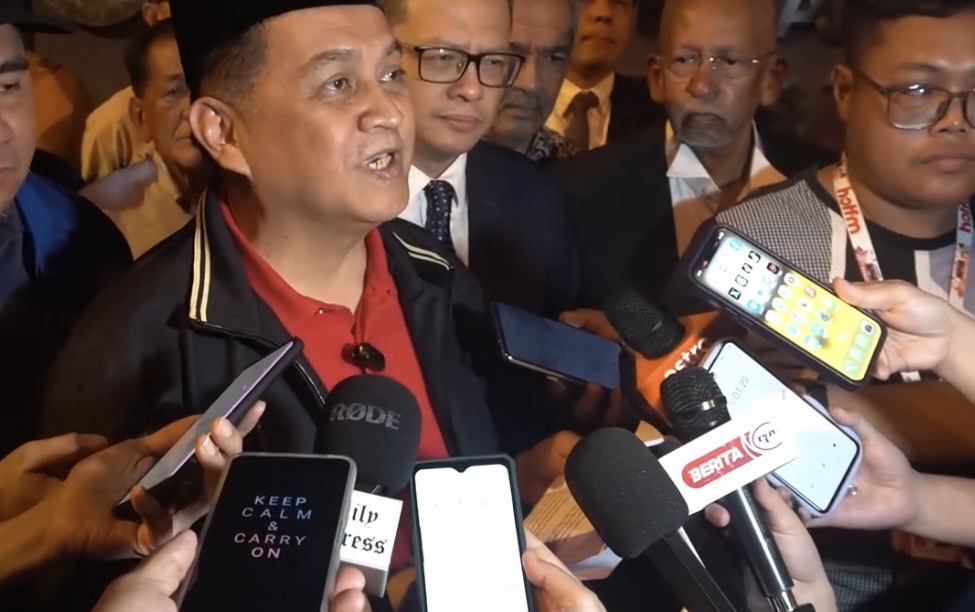Sabah’s Minister of Science, Technology, and Innovation, Datuk Mohd Arifin Mohd Arif, isn’t happy with Malaysiakini.
The news portal published a report linking him to a mining scandal, and he’s now threatening to sue, calling the allegations false and defamatory.
He insists he was never questioned by authorities and says the report has unfairly damaged his reputation.
But here’s the thing—Malaysiakini did reach out to Arifin before publishing the story. He just didn’t respond.
Instead of addressing the claims directly, he’s going after the media.
Read the story here: https://borneovox.com/politics/minister-denies-kini-report-plans-legal-action/
This raises some big questions: What exactly is the right to reply? Should the media be punished for doing its job? And why does it always seem easier to attack the press than to face the actual allegations?
The right to reply is a core principle of journalism. It means that when serious accusations are made, the people involved should be given a fair chance to tell their side of the story.

Ethical newsrooms follow this rule—it’s Journalism 101. If a politician, a company, or even an ordinary citizen is being accused of something, reporters will reach out to them for a response before publishing. That’s exactly what happened here.
If all the facts are true – Arifin had his chance to reply. He didn’t take it. And now, instead of clarifying the situation, he’s threatening legal action. That’s not how the right to reply works.
Ignoring a journalist’s request for comment doesn’t make the story disappear. It just means the opportunity was given but not taken.
This isn’t about whether Arifin is guilty or innocent. It’s about what happens when public figures use legal threats to control the narrative.
If every unflattering news report leads to lawsuits, what happens to press freedom? If journalists are afraid of getting sued every time they publish an investigative story, who’s left to hold power to account?
The media’s job is to report the news—it doesn’t create it. When a scandal breaks, the focus should be on finding the truth, not punishing the journalists who bring it to light. But too often, society gets this backwards. Instead of questioning those accused of corruption or misconduct, people rush to attack the press. Instead of demanding accountability, they shoot the messenger.
This is dangerous. When journalists are constantly under attack, fewer of them will take the risk of investigating powerful figures. And when that happens, corruption thrives, abuse of power goes unchecked, and the public is left in the dark.
Of course, press freedom isn’t a free pass to publish anything without consequences. Journalists have a responsibility to verify facts, check their sources, and ensure their reporting is accurate. But that’s exactly what Malaysiakini did. They reached out. They followed journalistic standards. And yet, they’re still facing threats.
So what’s the real issue here? Was the goal to correct misinformation, or to make sure this story never saw the light of day? Because if it’s the latter, that’s a serious problem.
Journalists do not work for politicians. Their duty is to the people, not those in power. Their salaries do not come from the government but from their respective media organizations. Their role is to inform the public, not to protect those who hold office.
Silencing the press doesn’t just hurt journalists—it hurts everyone. When the media is intimidated into staying quiet, the truth gets buried. When legal threats become a tool to control the news, the powerful get away with more. And when society turns against the press for reporting uncomfortable facts, democracy suffers.
The right to reply exists to ensure fairness in journalism. But fairness works both ways. If journalists are doing their jobs ethically, they shouldn’t be punished for reporting the truth.
It’s easy to blame the media, but the real question is this: if the press is silenced, who will hold the powerful accountable? – February 6, 2025.

